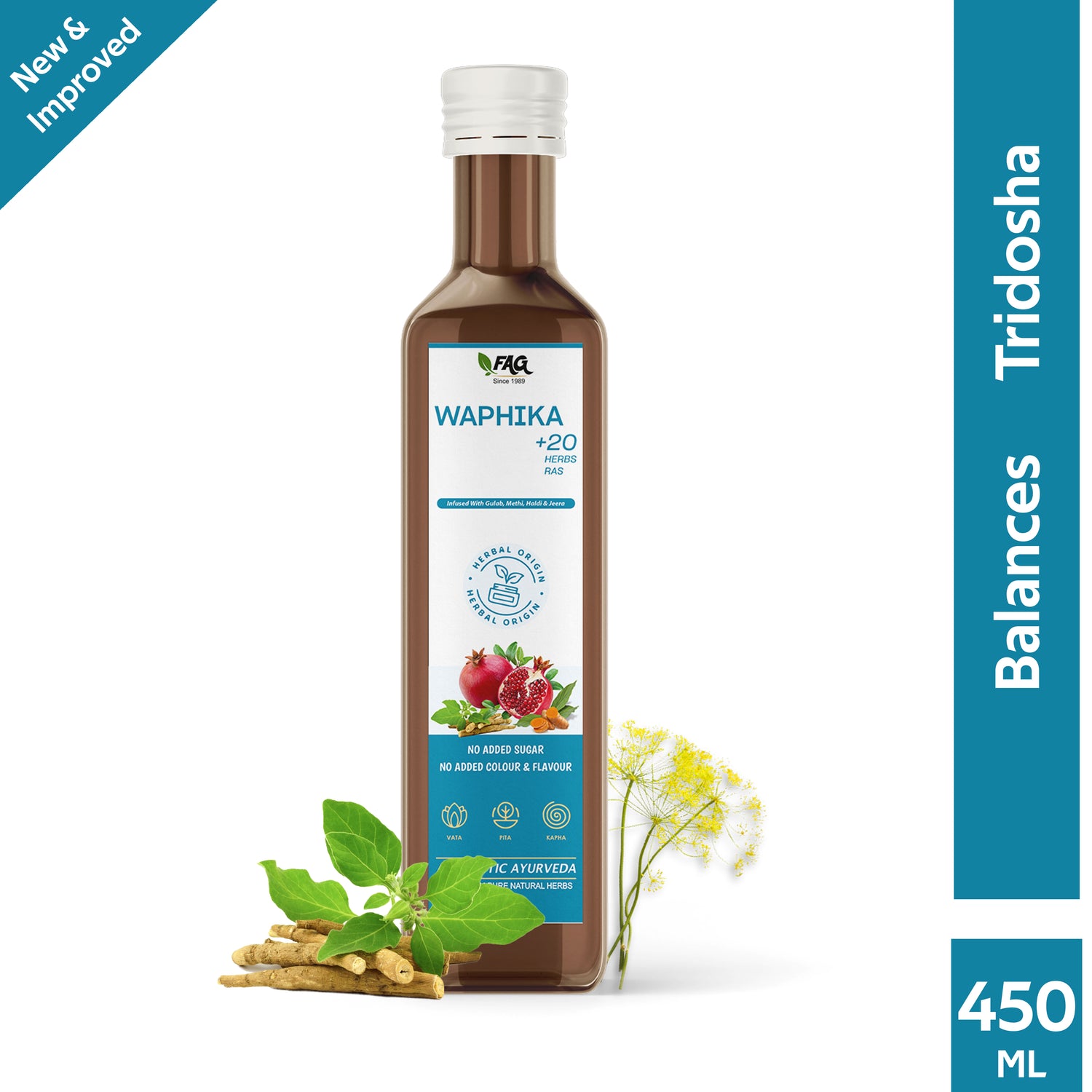
Treating PCOD & PCOS With Ayurveda
Share
Treating PCOD and PCOS with Ayurveda: A Holistic Approach
Polycystic Ovarian Disease (PCOD) and Polycystic Ovarian Syndrome (PCOS) are becoming increasingly common among women of reproductive age. Characterized by irregular menstrual cycles, hormonal imbalances, and the presence of multiple cysts on the ovaries, these conditions can lead to a range of health issues, including infertility, weight gain, and metabolic disorders. While modern medicine offers management solutions, Ayurveda presents a holistic approach that focuses on the root causes and promotes overall health and wellness.
Understanding PCOD and PCOS in Ayurveda
In Ayurveda, health is viewed as a balance between the body, mind, and spirit. The concept of **doshas** – Vata, Pitta, and Kapha – plays a crucial role in understanding individual health. PCOD and PCOS are often linked to an imbalance in these doshas.
- **Kapha Imbalance**: Many women with PCOS exhibit symptoms of Kapha dosha, such as weight gain, fluid retention, and sluggish digestion.
- **Pitta Imbalance**: Emotional stress and hormonal fluctuations might indicate a Pitta imbalance.
- **Vata Imbalance**: Irregular menstrual cycles can also be attributed to an increase in Vata.
Ayurvedic treatments focus on restoring this balance through dietary changes, herbal remedies, lifestyle modifications, and detoxification methods.
Ayurvedic Principles for Managing PCOD and PCOS
1. **Dietary Adjustments**:
- **Incorporate Whole Foods**: Focus on fresh fruits, vegetables, whole grains, and healthy fats. Avoid processed foods and refined sugars that can exacerbate symptoms.
- **Balancing Kapha**: Favor foods that are light, warm, and easy to digest. Incorporate spices such as ginger, turmeric, and cinnamon to enhance metabolism and balance Kapha.
- **Hydration**: Drink warm water throughout the day to aid digestion and support kidney function.
2. **Herbal Remedies**:
- **Ashwagandha (Withania somnifera)**: Known for its adaptogenic properties, this herb helps reduce stress and balance hormones.
- **Shatavari (Asparagus racemosus)**: A popular choice for women's health, Shatavari supports ovulatory function and hormonal balance.
- **Turmeric (Curcuma longa)**: Helps reduce inflammation and stabilizes blood sugar levels, making it beneficial for managing PCOS.
3. **Lifestyle Modifications**:
- **Regular Exercise**: Engage in activities that reduce Kapha and support Vata, such as yoga, brisk walking, or dancing. Aim for at least 30 minutes of moderate exercise most days of the week.
- **Stress Management**: Practicing meditation, mindfulness, and breathing exercises can significantly impact hormonal balance and overall well-being.
- **Adequate Sleep**: Prioritize good sleep hygiene to ensure restful sleep, which is crucial for hormonal regulation.
4. **Detoxification**:
- **Panchakarma**: This Ayurvedic detoxification process helps cleanse the body of toxins and restores balance. Consulting with a qualified Ayurvedic practitioner for a personalized Panchakarma plan can be beneficial.
5. **Consultation with an Ayurvedic Practitioner**:
- It’s essential to work with a trained Ayurvedic professional who can assess your unique constitution (Prakriti) and the specific imbalances in your doshas. They can provide personalized recommendations based on your symptoms and lifestyle.
Final Thoughts
While PCOD and PCOS present significant challenges, Ayurveda offers a comprehensive approach that addresses the underlying causes of these conditions rather than merely managing symptoms. By embracing a holistic lifestyle that includes dietary changes, herbal remedies, and self-care practices, you can create a path toward health and harmony.
Always consult with a healthcare professional before starting any new treatment regimen, especially if you already have a medical condition or are taking medications. Remember, achieving balance is a journey – one that can lead to improved health and well-being over time. Embrace the wisdom of Ayurveda and empower yourself to take charge of your health!

